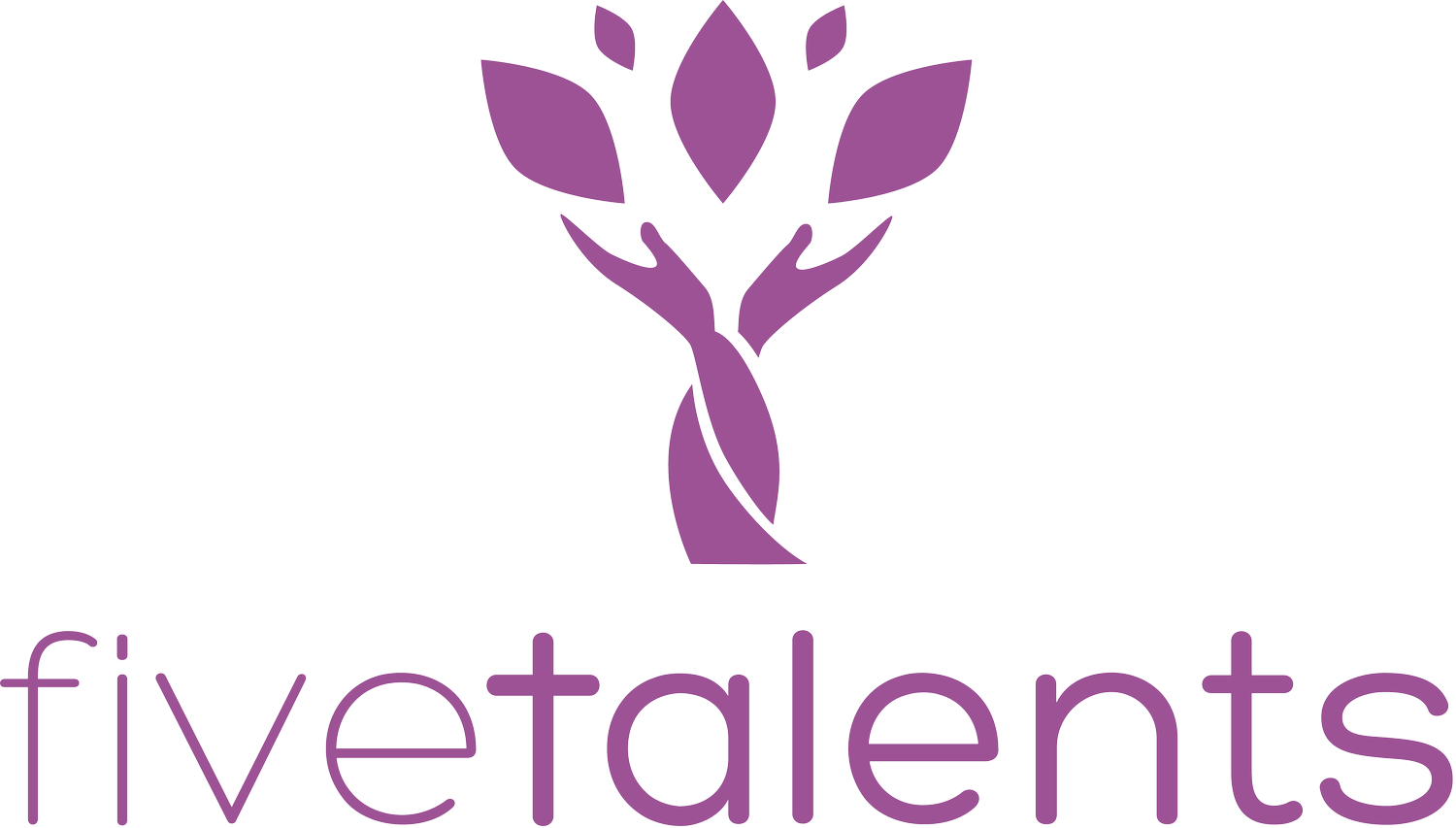Editor's note: The following interview offers an in-depth look at the life of a micro-entrepreneur named Deng, in Lietnhom, South Sudan. Five Talents – through its partners – has served tens of thousands of women and men in Sudan and South Sudan, providing access to micro-loans, savings groups and business skills training. Deng's story is just one of many exhibiting the transformation that can take place when under-served communities experience financial inclusion. Special thanks to Josephat Lusuli for conducting this interview.
Inside Deng's shop in South Sudan
Thanks for agreeing to share your story with us, Deng. Can you start off by telling us a little about your family and business activities?
"I am married and currently I have five children. I am a member of a savings and credit association [or 'savings group']. I run a retail shop in a Lietnhom market in which I sell foodstuffs and other retail items. Besides this, I also sell dry fish in the same venue. Initially, before joining the savings group, I was running a business that, unfortunately, failed."
Why do you think the business failed?
"I am convinced that, by then, I was very green in business. I had not received much of the small-scale business training that I have now, and also I lacked adequate capital to invest and boost my business. It is no wonder that it finally collapsed. Later, I decided to venture into farming groundnuts and sesame as a business. I must admit that I made some money from it, and it was a good decision."
What was your life like before you joined the savings group?
"There were a myriad of issues and challenges. First of all, as a community man, it is culturally expected that I fully provide for the needs of my family and my extended relatives. At this point in time, all things seemed to be falling apart. My business had collapsed, I had no access to loans, it was proving hard to access adequate food and clothing for my family, school fees and school uniforms for my children were needed, and, to add on these, people from whom I was claiming my cows refused to honor their commitments. Worse still, it was hard to sell some of my cows. [To sell a cow, Deng had to obtain permission from local administration officials, which was not easy.] After joining the savings group, I was able to access a loan, which I used to start my current business. I received a lot of support from my group members, who – among other things – guaranteed me a loan. My current loan is for 2,400 South Sudanese Pounds [about US $600], payable within three months."
How have the training workshops helped you to develop your micro-businesses?
"I have personally benefitted from several trainings, [including those on] on business skills, financial management, savings and lending and how to co-exist in our group with each other. After borrowing several loans in my group, my income from profits has increased tremendously. The profits have allowed me to purchase an ox-plough, a refrigerator and a commercial plot where I have established my business. I have put up a temporary structure that is serving me well, and I intend to transform this structure into a permanent building, God willing. The ox-plough is useful in enabling me and the community at large to increase the land acreage under cultivation. We were initially using the traditional hoe commonly known as the 'maloda'. With a maloda, we could only dig a small parcel of land. As we are associated with big families, pangs of hunger became synonymous with us. Therefore, my ox-plough is an income-generating asset, albeit seasonally."
Can you tell us a little about your customers?
"Since mine is a retail shop dealing with items that are consumed daily by community members, my customer base includes consumers who are in need of my products. Consumers in the Lietnhom market, people from the surrounding villages and those who occasionally come from the deeper and interior villages also benefit from my products. For the ox-plough, my customers are mainly farmers who want to till their land for cultivation – and they are many. Because profits have increased, I have more goods to sell, meaning that my customers have variety of goods to choose from and I feel like I am satisfying them. I also have a place to sell my products having bought this plot. I don't pay rent, and I know this also positively increases my income."
What are some of the challenges you face in your business, and in your family?
"Due to the last year's drought, a lot of money has been spent to feed the family, as foodstuffs are very expensive. Also, a significant amount of cash goes to school fees and other school items that are always needed, with an additional amount going to meet medication expenses. This eats into my income. But I have a dream of educating my children to the highest education levels, and I know after that they will be able to help themselves and myself in the future. Whatever I have spent [money] on is necessary for the continuity of my life, family and business. Everything worth having has a cost."
Despite the ongoing political crisis in South Sudan, Five Talents and our partners continue to provide support, training and microfinance-related services to women and men in the country. Donate today and make an investment in real transformation!


